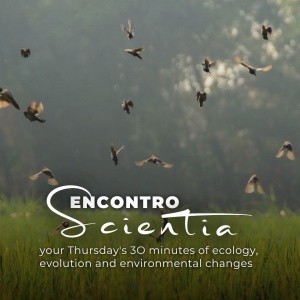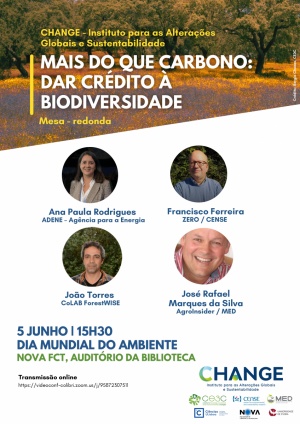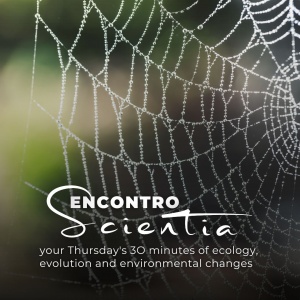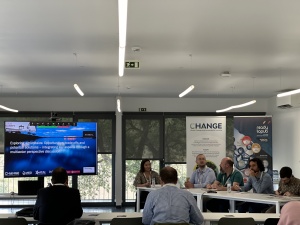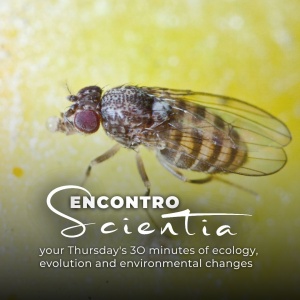Research, management and science communication: how they all fit in cork oak woodlands
Ana Isabel Leal
Post-doc researcher at cE3c (Conservation Ecology Group) and Centro de Ecologia Aplicada “Prof. Baeta Neves”/InBio
Much of the western Mediterranean region is covered by an extensive agro–silvo–pastoral land-use system dominated by holm oak Quercus ilex or cork oak Quercus suber known as montados in Portugal and dehesas in Spain. These semi-natural systems are mostly used for agriculture, forestry and grazing, and are recognized as an excellent example of balance between socio-economic development and biodiversity conservation. In the case of cork oak montados its economic value mostly derives from the extraction of cork, mainly use for the production of bottle stoppers. In addition to their economic value, cork oak montados also provide important ecosystem services and are of key importance for a wide range of taxa, including an enormous variety of vertebrates, as birds. In a system that depends on human use and correct management, scientific information is essential to conciliate economic productivity with a high biodiversity value, and thus maintain its long term viability. In this context, it is particularly important to find answers to research questions that link management practices with biodiversity. For example, what is the impact of commercial cork extraction on birds? Or, does canopy pruning affects foliage-gleaning birds? And how can we manage heterogeneity to improve woodland landscapes for biodiversity? These and many other issues have been addressed in the more than 1000 scientific papers that focus on cork oak. However, have these papers explicitly addressed the relevant management consequences of their results? And are landowners and forest managers aware of them? Science can make a difference in montados management and conservation, but to potentiate that it is now essential to invest in the synthetization of the results of existing studies. In addition, it is essential to disseminate the existing knowledge to incorporate science in the decision making process and thus contribute to the long-term sustainability of montados. These are now the main focuses and challenges of my post-doc!
Thursday, 5th May 2016
FCUL (C6 Building) – 12.00h-13.00h – Room 6.2.51
This conference will be broadcasted via videoconference to Azores:
Angra do Heroísmo (Azores) - 11h00-12h00 - PUrze 1
Ponta Delgada - 11.00h-12.00h - SInf2
Tags: CE


